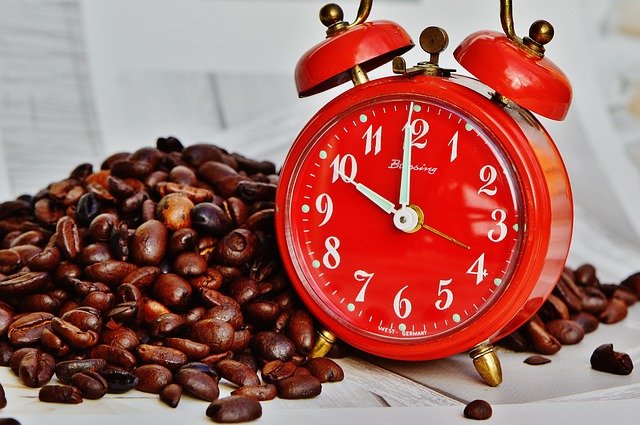
If you have type 2 diabetes or a high risk of the disease, you know that what you eat is really important.
But that is not enough. Recently, scientists find that when you eat your meals is also vital to your health.
Night owls – people who prefer evening and sleep late at night – may have higher risk of obesity. This is true in both healthy people and people with type 2 diabetes.
Researchers from University of Illinois at Chicago find that when people prefer working at evening and sleep late, they eat their breakfast late in the morning.
This late breakfast habit brings a cost: people have higher BMI.
BMI, or body mass index, is used to determine whether you are in a healthy weight range for your height.
People with a BMI higher than 25 is considered overweight, and people with a BMI higher than 30 is considered obese.
To test the relation between evening preference and BMI in people with type 2 diabetes, the team used a mediation analysis.
They checked 210 non-shift workers with type 2 diabetes. These people’s evening preference was assessed with a standard questionnaire.
The researchers also got the meal time and daily calorie intake from these people via 1-day food recall.
The analysis focused on whether morningness–eveningness had a direct effect on BMI, or whether the effect was mediated through the intermediate variable of meal timing.
The results showed that greater evening preference was associated with a higher BMI. Late breakfast time was associated with a higher BMI, too, but the association was weaker.
A further analysis showed that morning preference was associated with earlier breakfast time, and lower BMI. This means a person who prefers the morning eats breakfast early and has a lower BMI.
Based on the findings, the researchers suggest that evening preference and late breakfast time might be new risk factors for obesity in type 2 diabetes.
To summarize, if you have type 2 diabetes, you’d better get up early and have an early breakfast. These daily habits are linked to lower BMI, i.e. lower risk of obesity.
This is not the first study about the harm of being a night owl.
One recent study from Northwestern University shows that people who sleep late at night have higher risk of dying sooner.
The study examined nearly half million people in UK and found night owls have a 10% higher risk of dying than larks – people who prefer morning.
Why does this happen?
The scientists explained: “It could be that people who are up late have an internal biological clock that doesn’t match their external environment.”
“It could be psychological stress, eating at the wrong time for their body, not exercising enough, not sleeping enough, being awake at night by yourself, maybe drug or alcohol use.
There are a whole variety of unhealthy behaviors related to being up late in the dark by yourself.”
But the good news is that night owls can become larks if they change their habits.
One way to shift behavior is to make sure being exposed to light early in the morning but not at night.
Also try to keep a regular bedtime and not let themselves drift to later bedtimes.
Be regimented about adopting healthy lifestyle behaviors and recognize the timing of when they sleep matters. Do things earlier and be less of an evening person as much as possible.
So, the message from this article is if you have type 2 diabetes, try to be a morning person. You will have less health issues.
Copyright © 2018 Knowridge Science Report. All rights reserved.



